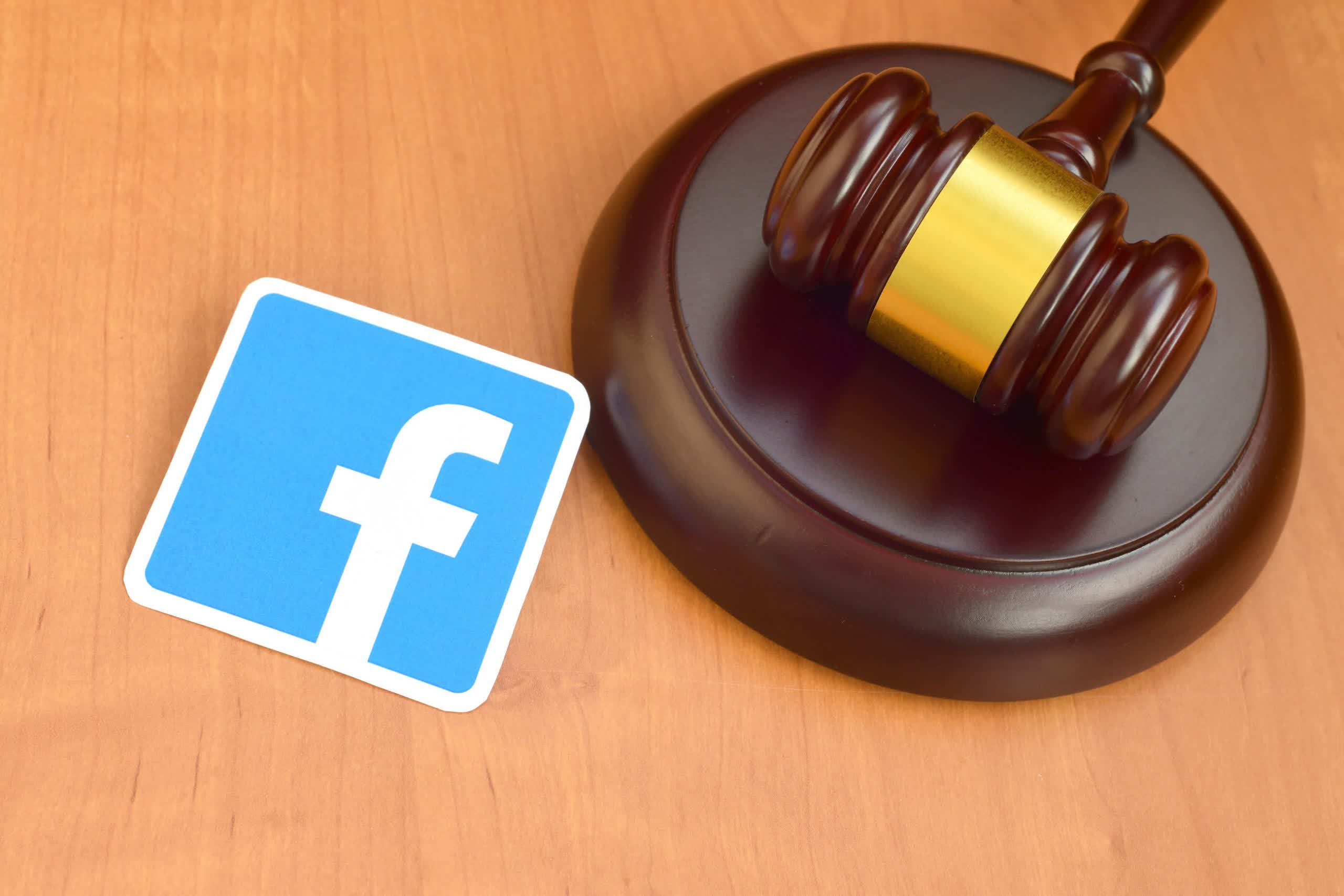A hot potato: Facebook has a checkered history when it comes to advertising. From selling user data to the highest bidder to lying about how many users advertisers can reach in its videos. Now it looks like they have been at the latter only regarding general audience numbers.
Recently unsealed court documents reveal that Facebook senior executives have been knowingly overstating customer reach to advertisers for years. The filing contains records of emails and other internal communications between product managers and executives, acknowledging that they grossly exaggerated reach estimates.
The Financial Times reports that the documents are from a class-action lawsuit filed in 2018 claiming Facebook knew that its potential audience size was overinflated but did nothing to correct it. The court previously redacted many parts of the filing. Digital Content Next filed a lawsuit to have the documents unsealed, and a judge sided with the organization on Thursday revealed the details.
One product manager allegedly suggested making adjustments to correct the reach metrics, but executives shot the suggestion down, stating that the revenue impact would be too "significant." The manager rebutted, saying that "it's revenue we should have never made given the fact it's based on wrong data."
woah, I have the unsealed docs here. this is the Facebook census / fake accounts case DCN filed to get unsealed for public interest. Judge recently ruled in our favor. So I guess here come the docs. And the apparent cover-up was once again worse than imagined. Sandberg. https://t.co/q4OT5Wl4D4 pic.twitter.com/DPEPa0YwYq
--- Jason Kint (@jason_kint) February 18, 2021
"[The] status quo in ad reach estimation and reporting is deeply wrong," said another manager questioning the ethics of misleading advertisers who use reach in their budgeting metrics. "My question lately is: how long can we get away with the reach overestimation?"
The lawsuit claims that the overstated numbers include fake and duplicate Facebook accounts. In some instances, users in a region exceeded the population of that area.
Facebook's defense is that its reach metrics are only estimations and that advertisers are only charged based on actual clicks. However, the argument falls somewhat flat when taken with the company's admission that reach is "arguably the single most important number in our ads creation interfaces."
Plaintiff lawyers in the case claim, "Facebook knew for years its potential reach was misleading and concealed that fact to preserve its own bottom line."
Although the judge has not ruled on the case, the evidence as presented appears damning.
"[These] allegations are without merit, and we will vigorously defend ourselves," said a Facebook spokesperson.
This is not the first time the social media giant has been caught lying about its reach. In 2016, advertisers sued Facebook for overestimating video views by as much as 80 percent. The Wall Street Journal notes it settled that lawsuit in 2019 for $40 million.
Image credit: Mehaniq
